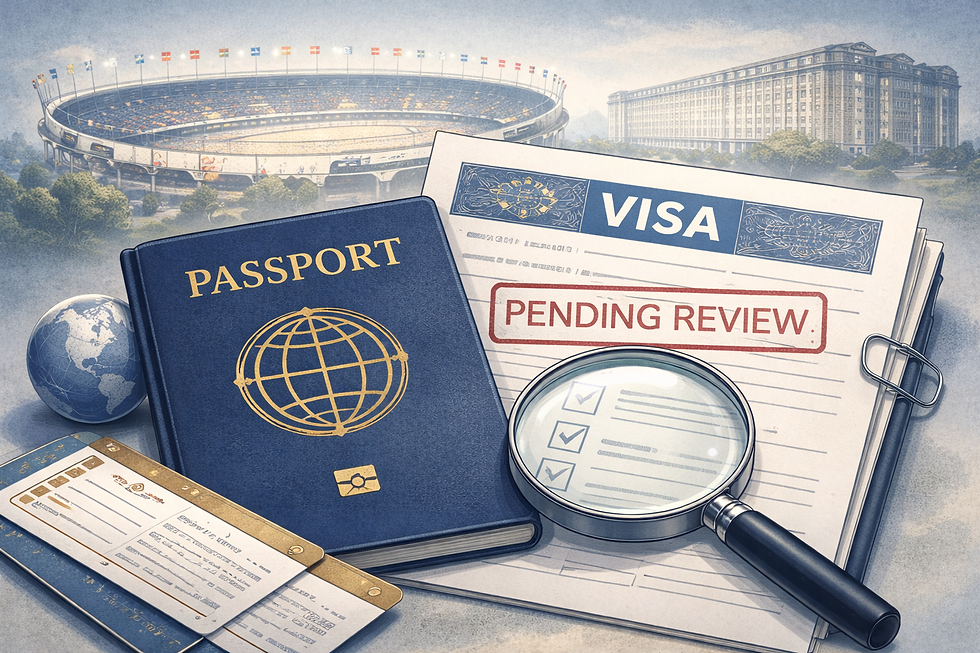The Cost of Overreliance on AI
- Jennifer Grady

- Nov 6, 2025
- 2 min read

If the AI/ChatGPT platforms went down tomorrow, would you know how to navigate the world?
My biggest fear for the next generation (and our own future) isn’t technology itself — it’s our growing dependence on it.
When I was a young student, teachers made us do a lot of manual labor, such as:
• Looking up words in physical dictionaries
• Writing longhand before typing up the final version
• Solving math problems without calculators
• Memorizing information we could easily reference in an open-book exam
At the time, I thought these exercises were pointless constraints from an outdated era.
“Why can’t we just use a machine?” we’d ask.
Now, as an immigration attorney who relies on critical thinking daily, I finally understand what those teachers were protecting.
Fortunately, my high school, college, and law school all taught me to deconstruct ideas, identify flawed reasoning, challenge assumptions, and build logical frameworks.
These skills form the foundation of effective advocacy.
But today, I watch as AI and technology increasingly handle our thinking for us.
• People don’t know how to spell anymore — autocorrect fixes it.
• Many people can no longer use or read cursive script.
• Online articles frequently miss opening paragraphs, supporting evidence, and conclusions.
• Basic research skills are evaporating — why investigate when you can just ask an AI?
This shift has implications that extend far beyond convenience.
When we outsource our thinking, we’re not just saving time — we’re allowing critical mental muscles to atrophy. We’re becoming increasingly dependent on systems we don’t understand and can’t control.
I’m not suggesting we abandon technology — that would be both impossible and counterproductive.
I am advocating for a more balanced approach that preserves our capacity for independent thought while leveraging technological advantages.
Because someday, the internet will go down. Power grids will fail. Novel problems will arise that no algorithm has been trained to solve.
And in those moments, the ability to think critically without technological assistance will be very, very essential.
The physical act of writing by hand engages neural pathways that typing doesn't touch.
The process of finding information in books builds research skills that asking Siri doesn't develop.
The practice of memorizing key information creates mental frameworks that external storage can't replace.
These aren’t romanticized relics — they’re practical foundations of resilient thinking.
The irony isn’t lost on me. I hated being forced to look up words in dictionaries and write everything by hand. I detested those “pointless” exercises.
But I get it now. It’s the process and journey to finding the answer that’s important — and will be priceless when we have to use logic and reason to solve problems on our own.
How are you keeping yourself sharp in an age of automation?




Comments